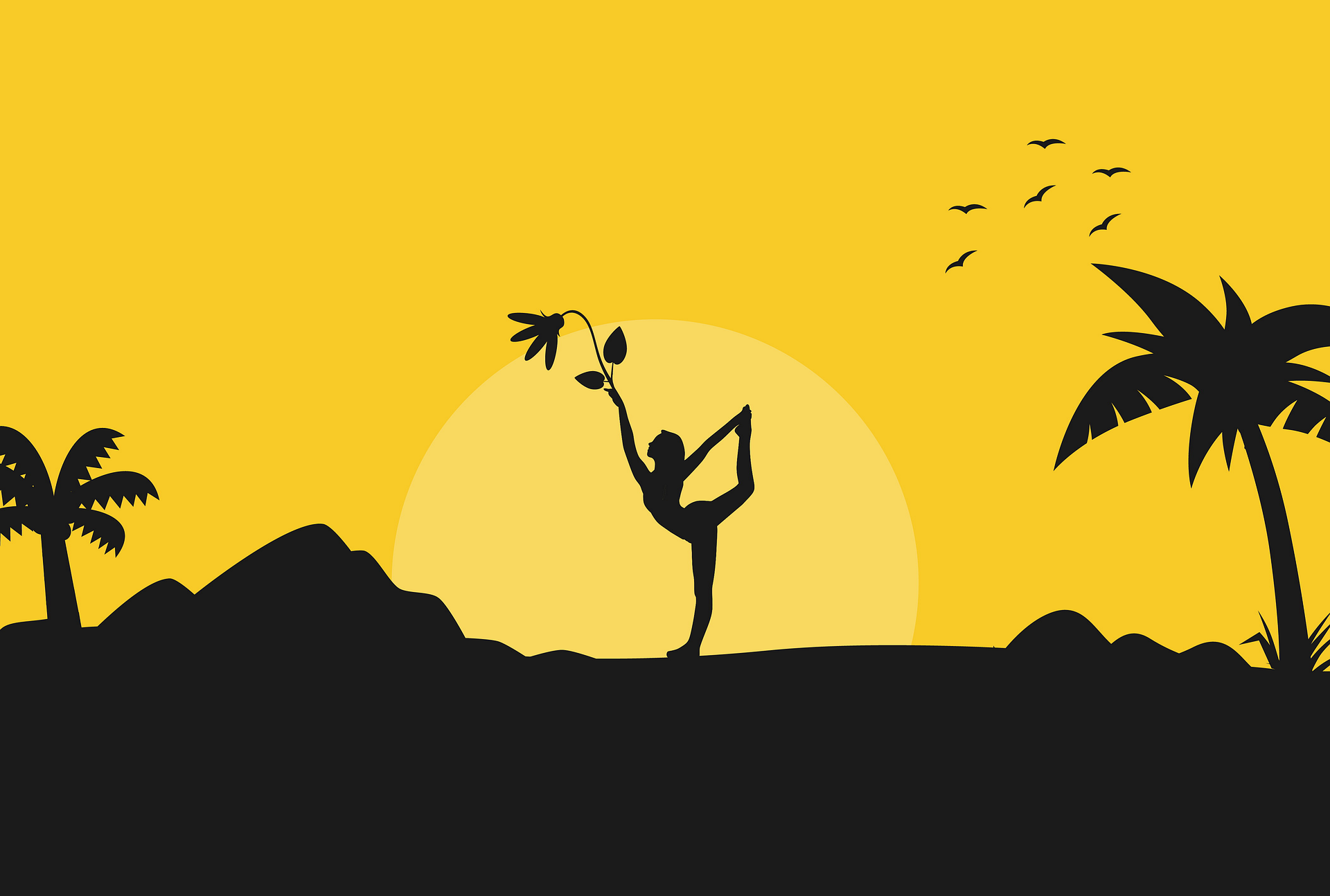“Attachment is the origin, the root of suffering; hence it is the cause of suffering.” – The Dalai Lama
It is maybe a bit strong, no?
Yoga consists of eight limbs. First limb is a collection of yamas, ethical rules in Hinduism. Aparigrapha is one of them. This life lesson is definitely occupying most of my thoughts recently.
It can be translated to ‘non-attachment’, ‘non-clinging’, ‘non-hoarding’, ‘non-greed’ or ‘non-possessiveness’.
Freedom from things or hoarding was quite easy to understand. We get attached to certain things or ideas. As long as they are around, available, we block our view from other potentially useful things in our lives. And then, when they don’t work anymore, we are struggling. Sometimes we are flooded by belongins that we posess and don’t really use. We probably don’t even need them. In reality, nothing really belongs to us, there are no pockets on our souls when we die. We can say the same about people. We don’t own people. We can’t control what others do or expect them to do what we want them to do. You still care about them. You would probably appreciate them even more, knowing that they won’t be there forever.
“Part of waking up is that you live your life as you see fit. And understand: that is not selfish. The selfish thing is to demand that someone else live their life as YOU see fit. That’s selfish. It is not selfish to live your life as you see fit. The selfishness lies in demanding that someone else live their life to suit your tastes, or your pride, or your profit, or your pleasure. That is truly selfish. So I’ll protect myself. I won’t feel obligated to be with you; I won’t feel obligated to say yes to you. If I find your company pleasant, then I’ll enjoy it without clinging to it.” – Anthony de Mello
But aparigrapha is more than that. It also is related to letting go of our expectations that life (or anything else) should play out the way we have assumed. It can be a realisation that things aren’t always what they seem to be.
You see, I was unsure about all that. Isn’t getting attached in the heart of being human? Expecting things to happen, having high hopes, getting disappointed, getting attached to people and wanting to keep them in our lives? But then we have to accept that all this is an illusion, they will eventually leave and disappointment or longing will be part of our experience. Here, non-attachment can still be seen as enjoying them in our present life. Just get rid of the expectation of things continuing forever – and find joy in the moment.
Then aparigrapha manifests itself in our ego. Especially nowadays, we are so focused on doing, or on certain labels that we would like to have. Non-attachment works very well when it comes to not letting your ego get in the way. One famous actress was once asked how she deals with compliments. She responded “What you don’t pick up, you don’t have to put down.” I think that is the essence of non-attachment.
Your ego is an image, it’s who you believe yourself to be. And when reality doesn’t match up to the image, our body pays the price or we punish ourselves for it. Ego blinds us from reality and makes our decisions wrong. When we focus so much on productivity, on our labels, we don’t let ourselves simply be. We resist life, we label things as good or bad. We label ourselves. In reality, the only thing that can be certain in life is change. It is at the core of our own nature. If we fight it, we will always lose, because we’re fighting with ourselves. Our happiness can’t be defined by anything outside of our own presence of awareness.
I am still confused. In my life everything has a purpose. My mind is trained to have at least slight control over my own actions and always aim towards a specific goal in everything I do. Yet, this exact training is leading me astray, preventing me from achieving my full potential, whatever that may be. Actual control is an illusion. Nobody has that power over anything or anyone. Grasping does nothing more than simply stresses me out. You should have seen some spectacular failures I was part of 🙂 Even when we make ourselves breathe deeply on purpose, we’re doing ourselves a disservice, if we compare it with letting the breath happen to us. All this stands in the way of being able to enjoy the way things are.
Krishna was quoted to say: ‘Let your concern be with action alone, and never with the fruits of action. Do not let the results of action be your motive, and do not be attached to inaction’.
If you don’t enjoy what you are doing, you shouldn’t be doing it. Go with the flow and let yourself be.




It seems that our very existence depends upon the unrestricted “flow”, starting from the biological level. Metabolism is a constant flow of matter and energy through the living organism. We don’t accumulate everything we eat or drink, after all 😉 There is a certain rhythm to being hungry and eating, being tired and sleeping etc. Our physiology and perception is geared towards changes. We learn to ignore constant stimuli that we are exposed to for a long time, but we immediately react when they change. In that context happiness is not a state, but a signal connected with a particular change.
Maybe then our longing for stability should also be interpreted in cyclical terms? We hope that we’ll be able to eat whenever we’re hungry. We hope that our loved ones will return whenever they go away.
Be on your guard against attachment, but know the cycles of nature…
I like your take on it. I also recently learned that this unrestricted flow is in fact pulsating and this is the natural way of our bodies to be 🙂 Yet, not many people let themselves fully breathe without restrictions.